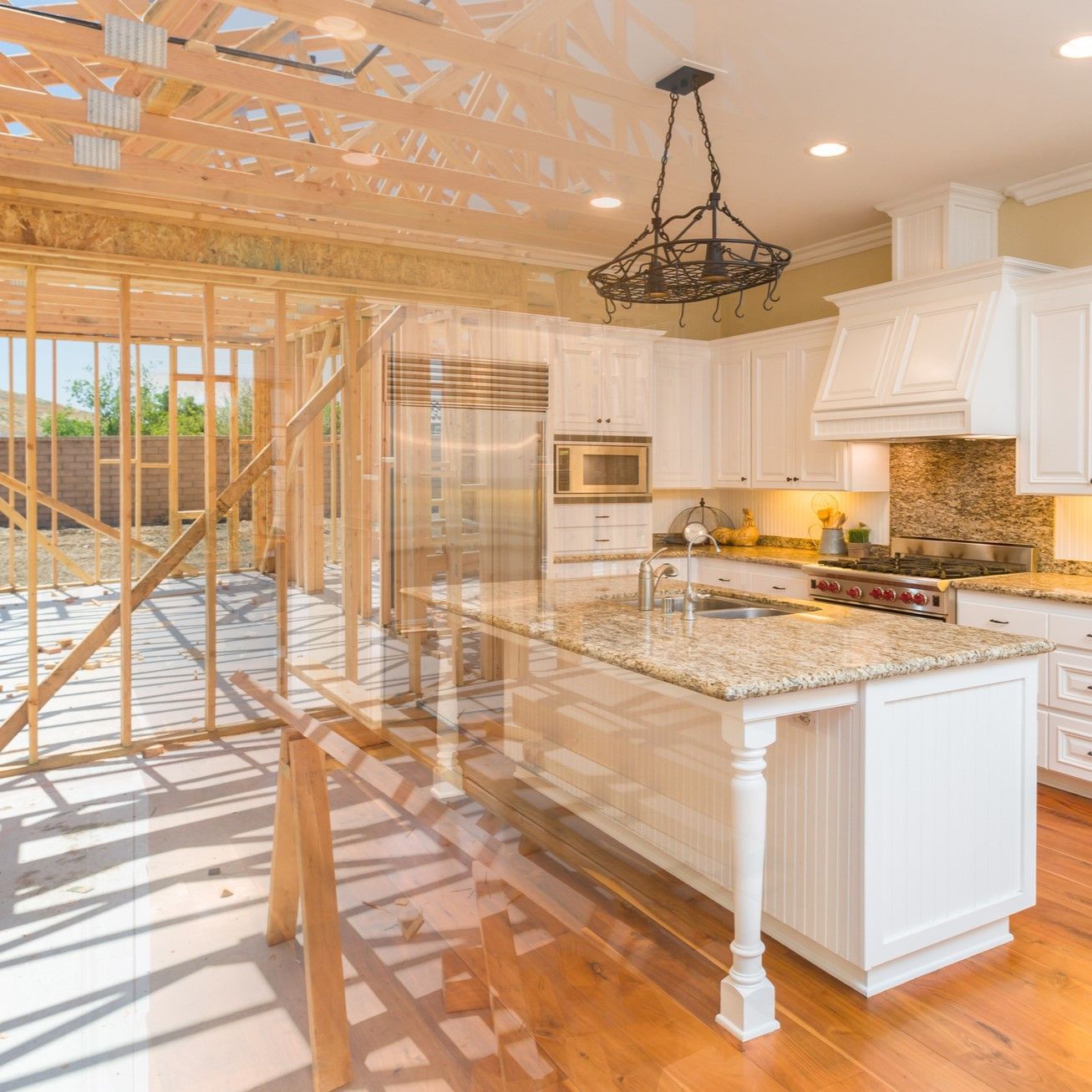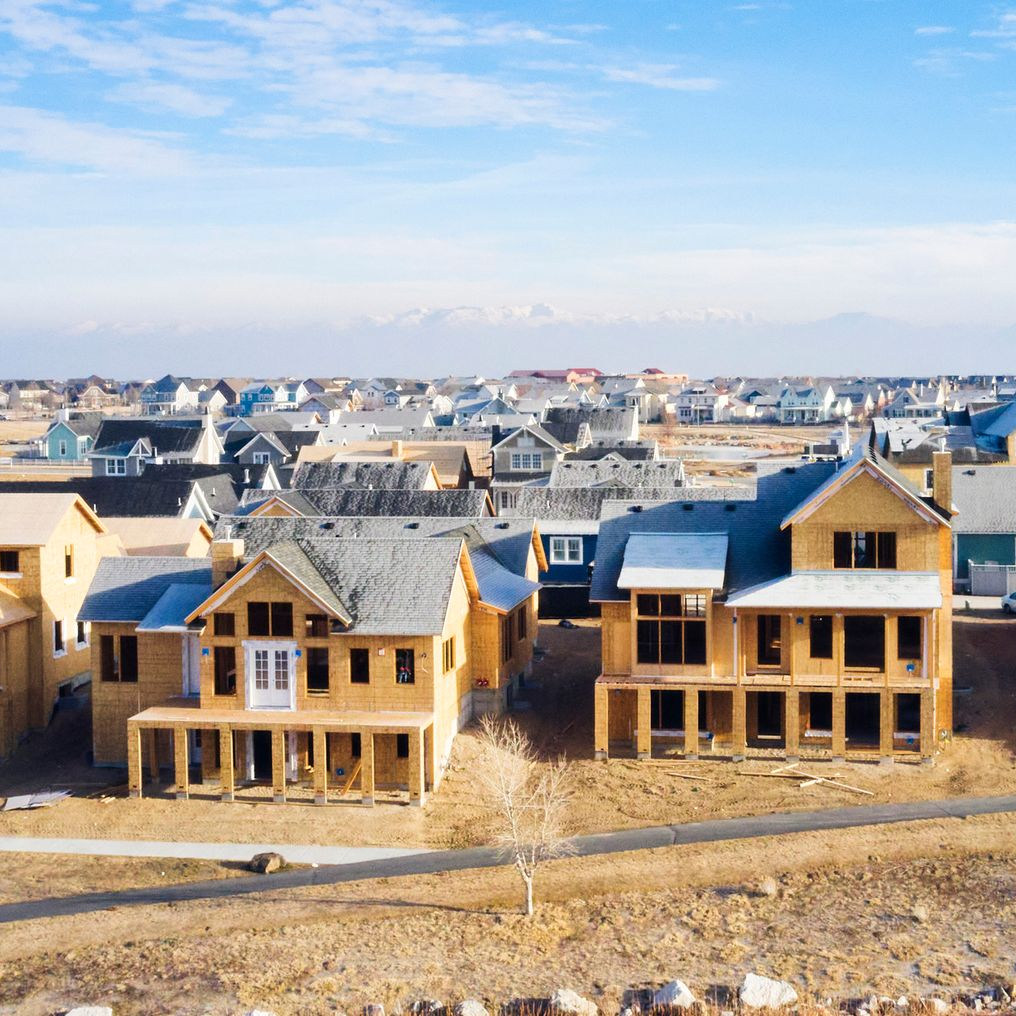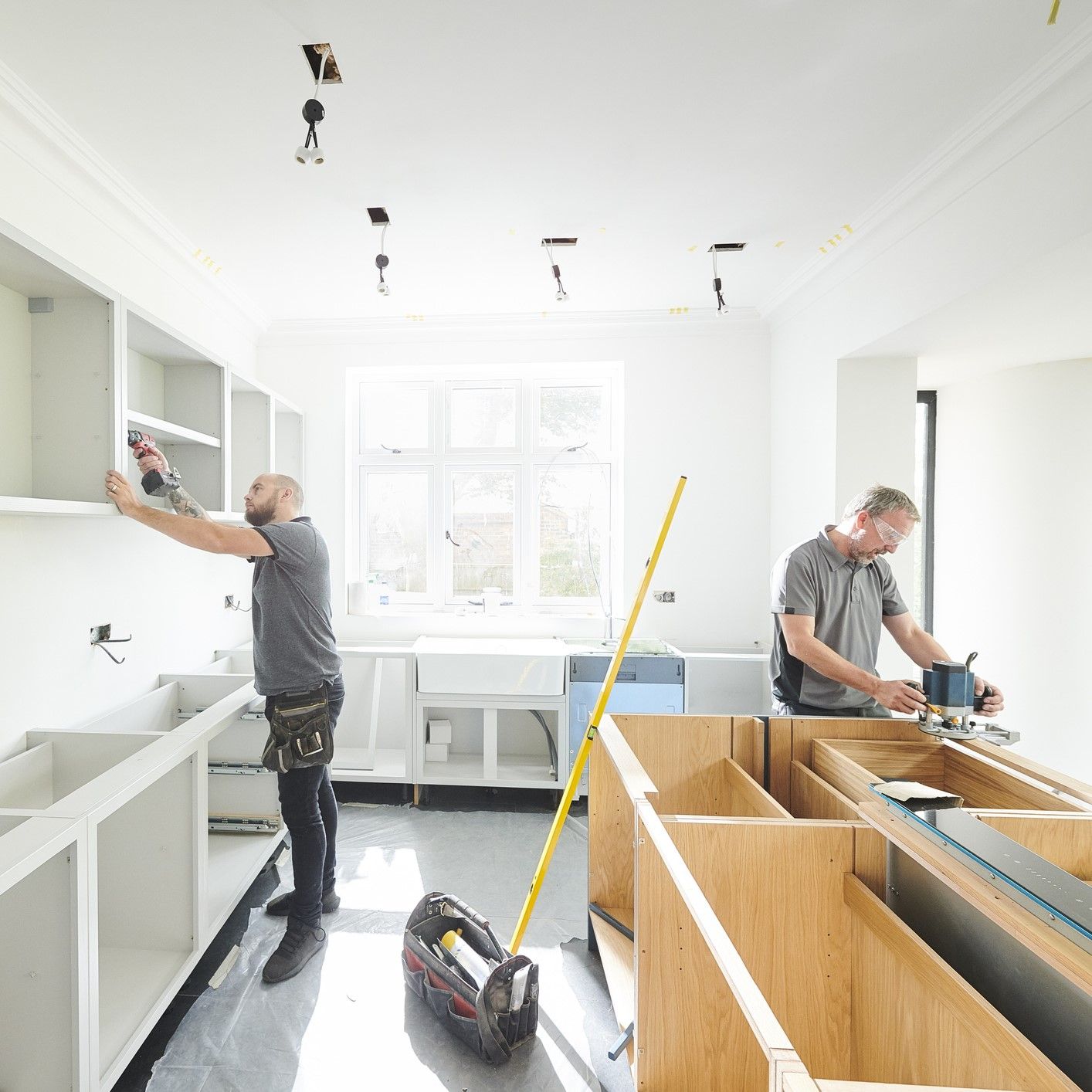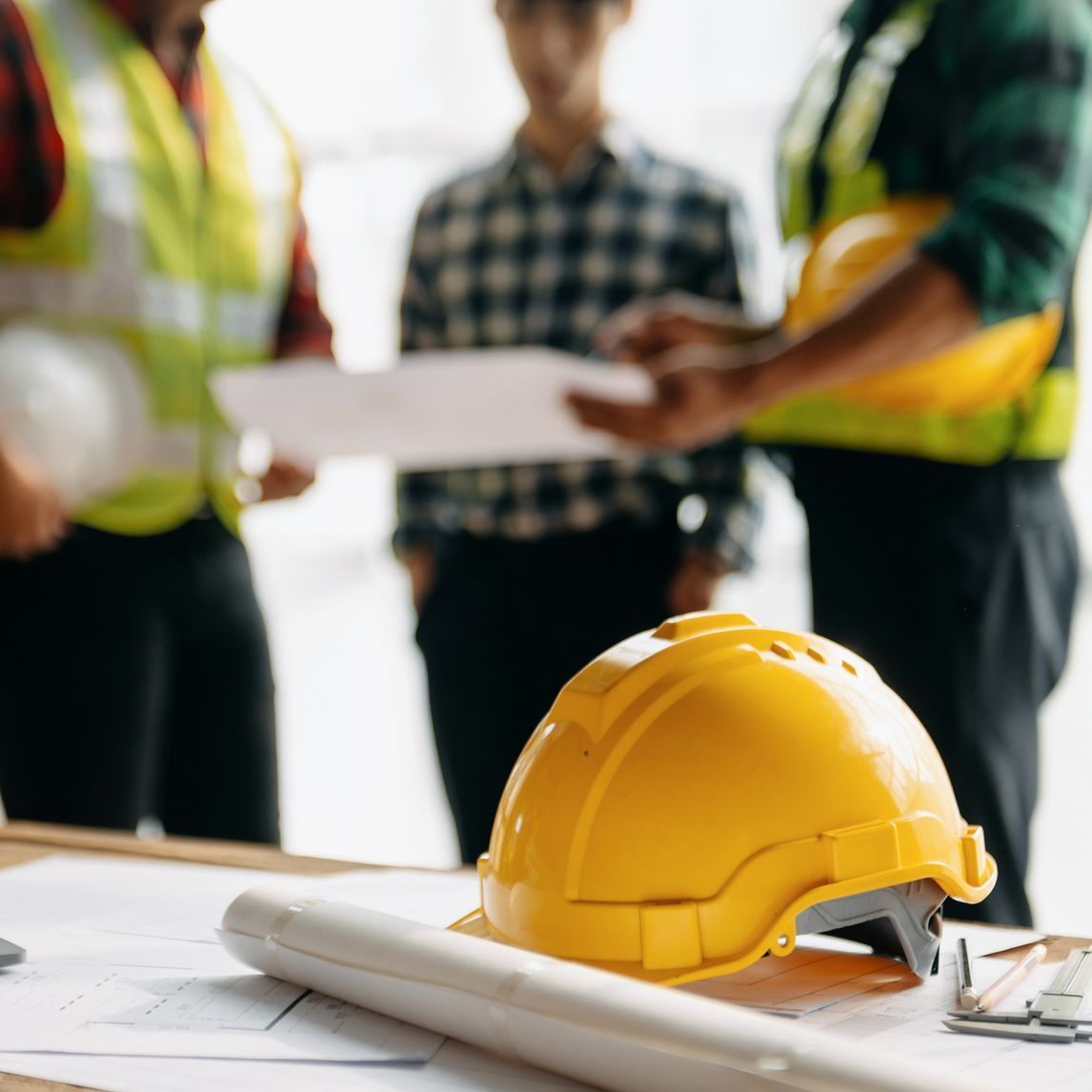Those looking for a home face a series of questions — Do I buy land and build a house? Do I buy a home that’s already built? What kind of residence am I looking for? What size should my property be? It can be overwhelming trying to find the right answers to these questions.
There’s no denying that building a residence on a fresh plot of land seems intimidating at first. Maybe you’re a homebuyer who’s tired of competing for new homes in your desired neighborhood, or perhaps you don’t like the idea of living in an old house.
Here are the steps to take before buying land for building a home, details about the building and buying process, and how to get a loan or pay with cash.
Steps to Take Before Buying Land
You may feel ready to start building your new home, but first, you must find a viable piece of land. Unfortunately, finding open ground can be complex.
Find a Piece of Property for Sale
You can keep an eye on land listings on websites such as realtor.com or Zillow. However, those sites may not provide you with the best deals. You should also consider asking family, friends, co-workers or neighbors about any open land opportunities. Some of the best deals come by word-of-mouth.
If there is a state land bank authority in your area, consider asking them what’s available.
Check Zoning and Conditions of the Property
You may be tempted to buy a piece of land because it has nice views or is pretty, but it’s vital to address the time and costs involved with changing the zoning.
It’s also important to have the soil checked for contaminants and research local specifications for building your home. Your house must be resistant to hazards such as floods, earthquakes, fires or other types of disasters. Real estate agents familiar with the property can help you do your due diligence in testing the conditions of the land.
Factor Adding Utilities Into Your Budget
Depending on the property and the house you plan to build, there may or may not be accessible utilities, such as electric, plumbing or gas hookups. You’ll need to pay for additional construction costs to ensure your home will have these essential components.
Adding utilities may be pricey, which is why you’ll thank yourself for factoring this aspect into your budget. Understanding all associated costs will help you stick to your spending plan and tweak it if necessary.
Have Any Structures Demolished
You’ll have to follow through with the demolition process if there are any existing structures on the property you plan on using. There are two options: Either pay a high price for a mechanical demolition with heavy machinery, which is faster, or choose a smaller-scale demolition, which is cheaper but takes longer.
You may need to hire a team of building professionals or independent contractors to help you with the demolition process. Hopefully, you’ll get lucky and purchase property without any existing structures.
Find Out Additional Details About the Property
Here are some other details worth finding out during this step of the process:
- Ordinances: Some local ordinances have restrictions, such as not putting a second story on your home. This could impact your ability to sell the house later and cost you money.
- Limitations: Ensure that the home you want to build will fit appropriately on the land.
- Street access: Your property must be accessible from the road, so consider learning about your driveway options or if you’ll need to park on the street.
Once you’ve completed these initial steps, you’ll be ready to get started with the land-buying process.
Getting Started With the Buying Process
It’s vital to have a basic understanding of what the buying process looks like. The final cost you’ll pay to buy your desired property will vary, depending on the size of the plot, its location and if there are existing structures that need to be removed.
With good weather conditions and zero delays, you can expect to have your new home built in about six months. However, depending on how much research you do and the work you put in during the first step, it could take much longer for you to break ground.
Keep in mind that the timeline could also depend on the municipality or county you live in. Zoning changes may need to be approved by the planning board before you start construction.
How to Pay for Your Land
The U.S. Department of Agriculture estimated that in 2020, an acre of land cost an average of $3,100 . Other factors may also play a significant role in the final cost of the property. The land will cost you, as well as additional development costs.
Payment Options: Loans or Cash
It’s important to learn about your payment options. You can finance a parcel of land, but it can be tricky, as it is different from financing a home. Suppose you have plans, specifications and a contractor ready to build your home. In that case, you may want to consider applying for construction financing. You can also get a land loan.
Here are some examples of different types of land loans :
- Raw land loan: You will have to provide a detailed plan for what you want to build on that land, as it applies to underdeveloped property.
- Improved land loan: This loan applies to mostly developed land that may already have ample access to essential utilities or streets.
- Unimproved land loan: This is for land that is partially developed.
Your income and credit score will be checked to qualify for one of the loans listed above. Typically, lenders see land loans as risky investments , so don’t be surprised if they ask for a high down payment. They also may charge higher interest rates. Be sure to work these two vital costs into your total budget.
Construction loan financing may be available if you are ready to break ground and your building plans are squared away, and you’ll get a better deal on rates.
Paying Cash
It is possible to pay for property with cash. You’ll need to provide proof of funds after you complete the initial steps.
The seller must ensure you can afford to pay the down payment and closing costs for the land. A proof of funds comes from your financial institution. The document should include the date, the account holder’s name and the current balance.
You’ll then need to make the seller an offer in writing. There are a few online bid templates you can use to present your offer. The price of the land, its location and parcel number, and contingencies should all be written out in your letter.
The next step when using cash payment is to solidify the agreement with a Sales and Purchase Agreement (SPA). An SPA is a legally binding document that will ensure all parties agree to the sale and purchase of the property.
Consult an Expert Before Purchasing Land
Talking to a builder, real estate agent or land surveyor is a necessary step to take before going through with your land purchase.
Additionally, it would be wise to speak with an attorney familiar with land ordinances, building codes and zoning regulations. A seasoned homebuilder and their team will help you decide if the land is suitable for construction.
Buy Land to Construct Your New Home
Building your own house has pros and cons. It can be a very exciting experience for you and your family. Still, it does require patience, diligence and plenty of research to understand what it takes to build your dream home on a new piece of land.
Recent Blog Posts








